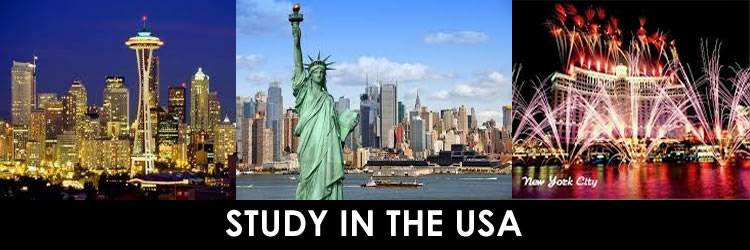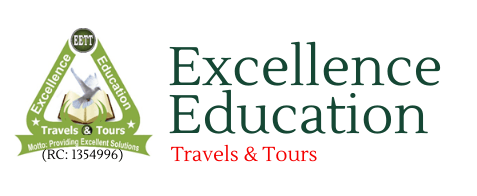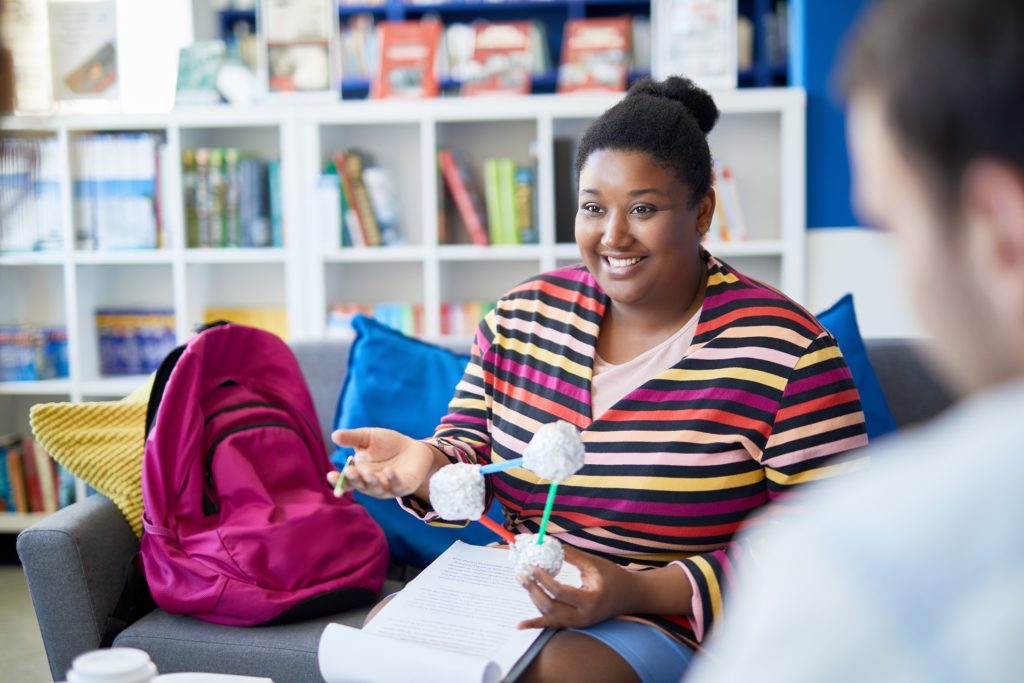Study in USA

study in usa
Study in USA: The first level of higher education in USA is referred to as the ‘Undergraduate’ level; it awards a Bachelor of Arts (BA) or Bachelor of Science (B.Sc) degree.
Most USA study programmes for undergraduates require four years of study, and a completed secondary school education is sufficient to enroll as an undergraduate student. First-, second- and third-year college students can transfer into U.S. undergraduate degree programmes and finish the remainder of their programmes over there.
Graduate education in the USA refers to Master of Arts (MA), Master of Science (M.Sc), or Doctorate of Philosophy (PhD) degrees. Students who have completed their undergraduate education are eligible to apply to graduate programmes. Master’s degrees in the USA are usually awarded after two years of study. The Ph.D. is the highest academic degree amongst American study programmes. This degree follows a Master’s (or Graduate) degree, and typically requires at anywhere between three to six years.
Types of US Student Visas
There are three categories of visas available for education in the USA:
F-1 (Student Visa):
The F-1 visa is for full-time students who want to study in the USA and are enrolled in an academic or language program. Students holding an F-1 visa can stay in the USA for the full length of their academic programme plus 60 days. Students must maintain a full-time course load and complete their studies by the expiration date listed on their I-20 form. Apply for a multiple entry F-1 student visa, as you will be able travel between US and Nigeria any number of times while pursuing a programme.
Excellence Education Travels and tours is the best US Visa Application organisation in Nigeria and we are known for this success.
M Visa (Non-Academic or Vocational Studies):
This visa is appropriate for people who want to study or train at a non-academic institution in the USA, such as an apprenticeship or a finishing school.
J-1 (Exchange Visitor Visa)
The J-1 visa is issued to students who need practical training that is not available in their home country in order to complete their academic program. The training must be directly related to their academic program. In the J-1 visa, the student is obliged to return to their home country for a minimum of two years after the end of their studies in the USA before becoming eligible to apply for an immigrant (permanent residence) visa.
Permission to work in USA
Students applying for a student working visa in the USA should know that students are generally not eligible for employment during their first year of study. A student work permit can, however, be obtained on the approval of the school’s administration.
Furthermore, after the first year, international students with F-1 visa can seek off-campus employment after the first year, under the following types of employments; -Curricular Practical Training (CPT) -Optional Practical Training (OPT) -Science, Technology, Engineering, Mathematics (STEM) Optional Practical Training Extension (OPT) M-1 students can also seek employment but only upon completion of their studies. F-1 and M-1 can seek off-campus employment only in an area related to their course and they also require authorization from Designated School Official before starting work.
Conditions for applying for a US Student Visa
Acceptance by University
This is the most basic condition for applying for a student visa to the USA. After getting admitted to a university, you will be sent the Certification of Eligibility Form (Also called the I-20 Form); that needs to be filled and submitted at the time of the interview.
Knowledge of the English Language
Knowledge of the English Language is a must for getting student visa to the US. To establish their knowledge of English, applicants are encouraged to take the “Test of English as a Foreign Language” (TOEFL). This is available in many Nigerian cities.
Financial Resources
Since a student visa for US is a non-immigrant type of a visa, one has to provide proof of sufficient funds to cover the total education and living costs while pursuing any USA study programmes. A student must show evidence of readily available funds to meet all expenses for the first year and of the availability of funds for the following years from reliable financial resources. To satisfy this requirement, applicants may show that funds are available from the university, from their own personal resources, or from sponsors (normally a very close relative) who have agreed to pay for their education. If the support is from the university, in the form of a scholarship or assistantship, it is usually mentioned on the I-20 form.
For Financial Resources Assistantship from EETT, please call +2348180003159 , +2349038363577 or visit our office.
Non-Immigrant Intent in the US
It is difficult to prove that one intends to return to Nigeria after completing their education in USA because by law, all non-immigrants are viewed as “intending immigrants.” This means that the visa officer is under the assumption that applicants will be going to the US and will try to remain in the US permanently. Hence one should carry documents that demonstrate strong financial and other ties to Nigeria and convince the consul of one’s intent to return. Such documents may include:
- Proof of land ownership.
- Letters demonstrating future roles in a family business, academic institution, government agency, or professional organization from appropriate parties.
- Mention if other family members have studied in the U.S. and returned.
Processing of visa application
Acquiring a US visa is a not easy for some agents/applicants but with EETT, we assure you of excellence solution that will bring positive smiles on your face. If, however, while making the application one keeps all the required documents at hand and follows the rules diligently, it can hasten the process. It is advisable to file one’s application for student visa immediately after receiving form I-20. Students’ visa likely interview questions can be arranged with us and the student can enter the US 30 days prior before his/her classes begin.
How to get a Student Visa in USA?
Pay the fee
The first step in filing one’s application for a student visa is the payment of the application fee.
I-20 and SEVIS charges
Before the visa interview, the applicant must have received an I-20 document from the university granting them admission. The applicant must make a payment to the Student and Exchange Visitor Information System (SEVIS) registration system.
Report for the interview
The next step is to report to the US Embassy or Consulate where the appointment for a visa interview is scheduled.
Visa Interview for USA
In the personal visa interview, it is important to convince the visa officer of the availability of the necessary funds to cover the cost of education in USA, and prove the presence of strong ties to Nigeria to show the applicant does not intend to immigrate. While answering questions in the visa interview; be brief and to the point. Remember, during the consular officials want to hear from the applicant, and it is advisable not to take any family member along for the interview.














